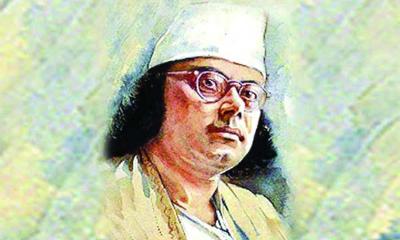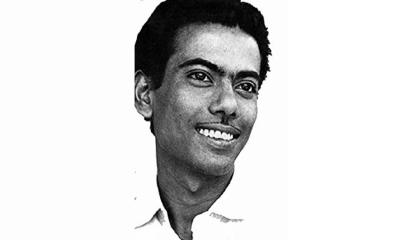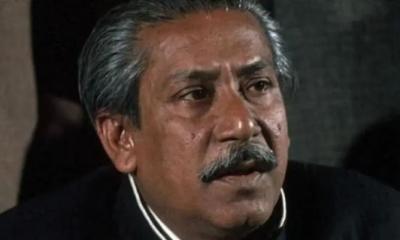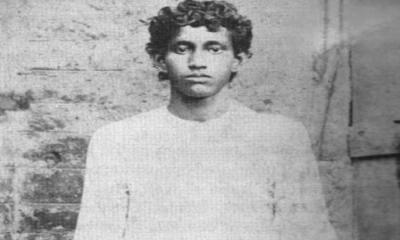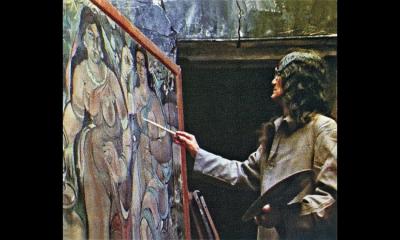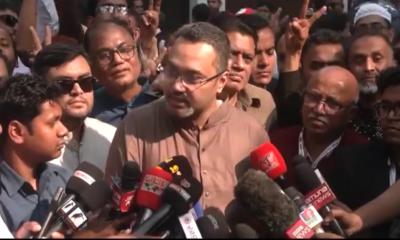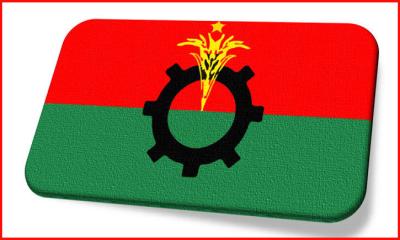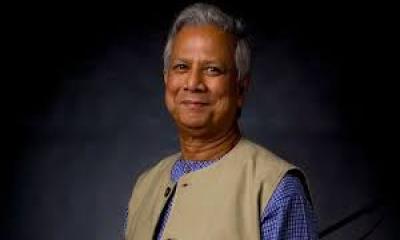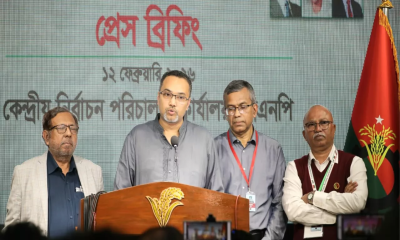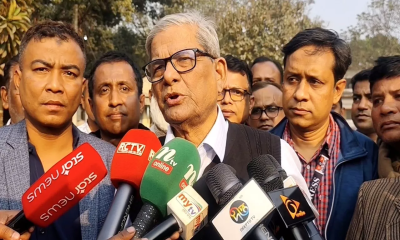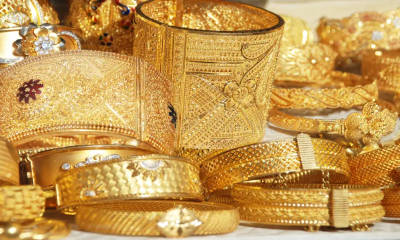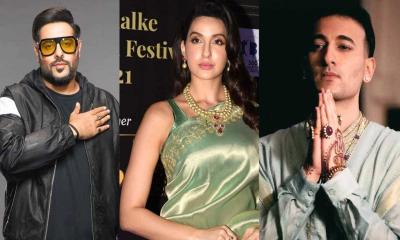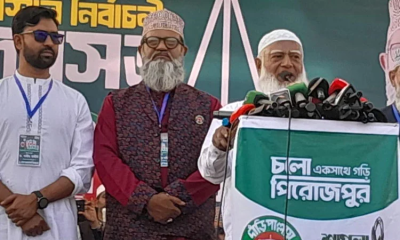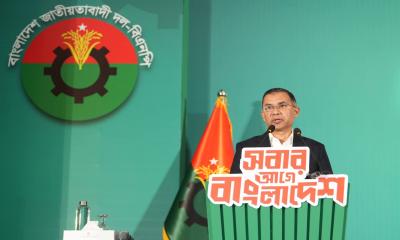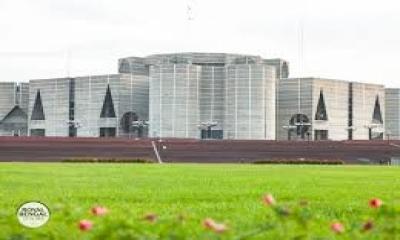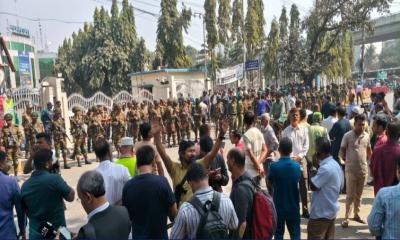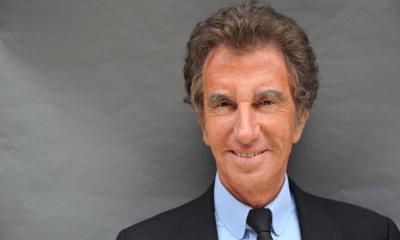Ahmed Salman Rushdie is an Indian-born British American writer born on 19 June 1947 in Bombay (now Mumbai) into a Kashmiri Muslim family. He obtained his education from Cathedral and John Connon School, Bombay, Rugby School in Warwickshire, and King's College, Cambridge.
Soon after his education, Rushdie joined an advertising agency Ogilvy & Mather as a copywriter where his works were applauded especially when he came up with "irresistibubble" for Aero and "Naughty but Nice" for cream cakes and the agency Ayer Barker.
It was during his stint at Ogilvy when he wrote Midnight's Children before turning himself into a full-time writer.
Rushdie's first book "Girmus" was published in 1975 – A fantasy science fiction novel that could not do well amongst the reader's club, the novel received barely any reviews.
Undeterred, Rushdie accepted the challenge and unveiled his second work, Midnight Children bringing him all the limelight.
The book was released in 1981 that tells the story of a pickle factory worker named Saleem Sinai linking to India's complicated history.
The book acclaimed critical and commercial success. Anything that has made him come into publicity and a global hit list overnight was his most controversial work The Satanic Verses, published in 1988. To this, on 14 February 1989 Iranian political and religious leader Ayatollah Khomeini issued a fatwa ordering Rushdie's execution over the publication of The Satanic Verses, along with anyone else involved with the novel. Following the issue of a fatwa the repercussions turned violent in many places.
The Midnight Children was soon banned in several countries, from Bangladesh to Venezuela, and many lost their lives in protests against its publication, in a riot in Bombay, India.
Explosions across the UK, including at Liberty's department store, which had a Penguin bookshop inside, and the Penguin store in York. To squelch the outrage, Rushdie released a public apology and voiced his support for Islam that helped the "The Satanic Verses" fury to cool down in 1998.
Iran confirmed that it would not support the fatwa. Even after the controversy surrounding the famous novelist and essayist, he continues to write.
He has written eleven novels, including a pair of children's books, and issued several collections of essays and works of non-fiction.
Salman Rushdie published his 12th novel, Two Years Eight Months and Twenty-Eight Nights in September 2015. His books are translated into more than 40 languages.
Rushdie enjoys a string of commercially successful and critically acclaimed novels. His works have been chosen for the Booker Prize five times, in 1981 for Midnight's Children, 1983 for Shame, 1988 for The Satanic Verses, 1995 for The Moor's Last Sigh, 2019 for Quichotte.
In 1981 he was given the prize. Rushdie's novel Shalimar the Clown received, in India, the prestigious Hutch Crossword Book Award, and was, in the UK, a finalist for the Whitbread Book Awards.
It was shortlisted for the 2007 International Dublin Literary Award. Rushdie's works have spawned 30 book-length studies and over 700 articles on his writing. Other than writing, Rushdie says that he would have become an actor if his writing career had not been fruitful. He always dreamt of appearing in Hollywood movies.
He had a brief appearance in the film Bridget Jones's Diary balancing with literary in-jokes. The writer as a guest host interviewed Indo-Canadian filmmaker Deepa Mehta on The Charlie Rose Show for her film Water which saw some violent protests.
He appeared in a series of appearances in Helen Hunt's obstetrician-gynecologist in September 2008, and again in March 2009, he appeared as a panelist on the HBO program Real Time with Bill Maher.
Rushdie said that he was approached for a cameo in Talladega Nights: "They had this idea, just one shot in which three very, very unlikely people were seen as NASCAR drivers.
A writer of great calibre who has taken the world by a storm Rushdie's allegorical novels examine historical and philosophical issues through surreal characters, fussing humor, and an enthusiastic and theatrical prose style.
The write-up has been taken from The Hans India.




